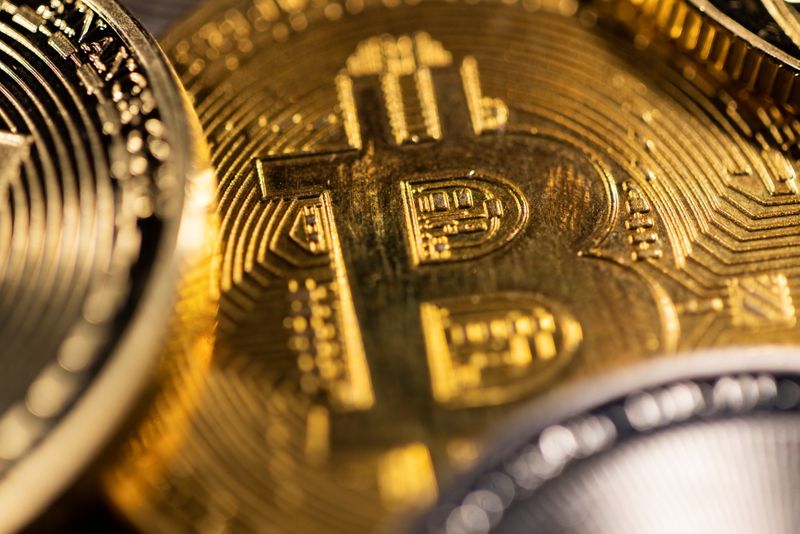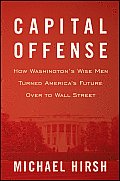© Reuters. A man walks near a board showing currency exchange rates of U.S. dollar against the Russian rouble in in Saint Petersburg, Russia June 24, 2023. REUTERS/Anton Vaganov
NEW YORK/LONDON (Reuters) – Some investors were watching for ripple effects from an aborted mutiny in Russia on Saturday, expecting a move into safe havens such as U.S. government bonds and the dollar when markets open later on Sunday.
Heavily armed Russian mercenaries led by Yevgeny Prigozhin, a former ally of President Vladimir Putin and founder of the Wagner army, advanced most of the way to Moscow after capturing the city of Rostov, but then halted their approach, de-escalating a major challenge. On Saturday night, they began withdrawing from the Rostov military headquarters they had seized, a Reuters witness said.
Financial markets have often been volatile since Russia invaded Ukraine in February 2022, which caused ruptures in markets and through global finance as banks and investors rushed to unwind exposure.
After Saturday’s events, some investors said they were focused on the potential impact to safe-haven assets such as U.S. Treasuries and on commodities prices, as Russia is a major energy supplier.
“It certainly remains to be seen what happens in the next day or two, but if there remains uncertainty about leadership in Russia, investors may flock to safe havens,” said Gennadiy Goldberg, head of U.S. rates strategy at TD Securities in New York.
Goldberg said that despite the de-escalation, “investors may remain nervous about subsequent instability, and could remain cautious.”
The action sparked attention globally, and revived an old fear in Washington about what happens to Russia’s nuclear stockpile in the event of domestic upheaval.
“Markets typically do not respond well to events that are unfolding and are uncertain,” particularly relating to Putin and Russia, said Quincy Krosby, chief global strategist at LPL Financial (NASDAQ:).
“If the uncertainty escalates, you’re going to see Treasuries get a bid, gold will get a bid and the Japanese yen tends to gain in situations like this,” Krosby said, mentioning typical safe-haven assets that investors buy when risks rise.
Alastair Winter, Global Investment Strategist at Argyll Europe said that while the de-escalation meant markets may now not react much, “Putin has clearly been weakened and there will be more developments.”
He saw the U.S. dollar finding “some support as the market returns to speculating over rate hikes and cuts and recession in different economies.”
Stocks have been on a mostly upward path in recent months, which some said could make then more vulnerable to a selloff. Year-to-date the is up 13%, although it has lost steam in recent days with interest rates in focus. Federal Reserve Chairman Jerome Powell gave testimony last week in which he signaled more interest rate hikes ahead.
Some saw little reaction as the situation seemed defused. Rich Steinberg, chief market strategist at the Colony Group in Boca Raton, Florida, said that “markets will kind of treat this as another geopolitical risk” and “some frayed nerves were calmed in the short run” by the de-escalation.
















